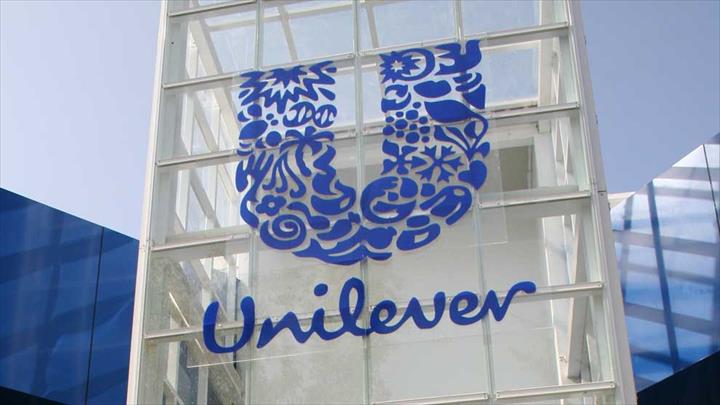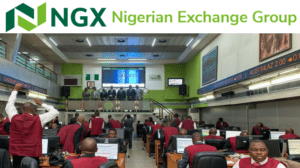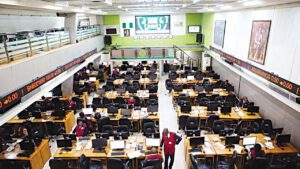

Unilever: Total liabilities increase by 27% to N53.29bn, despite 61% profit surge in H1, 2024
By Esther Agbo
Despite a 61 percent surge in Profit After Tax (PAT), Unilever Nigeria PLC has announced a 27 percent increase in its total liabilities for the first half of 2024.
Total liabilities increased by 27 percent to N53.29 billion from N41.79 billion, attributed to higher current tax liabilities and trade and other payables, indicating increased operational costs and tax obligations.
The 61 percent increase in its profit after tax for the first half of 2024, totals N4.4 billion, compared to N2.8 billion during the same period last year.
This impressive growth is driven by a significant rise in revenue, which jumped 41 percent to N63.9 billion from N45.4 billion in the first half of 2023.
The details were revealed in the company’s unaudited interim financial statements for the six months ending June 30, which were filed with the Nigerian Exchange Limited on Tuesday. Unilever’s core activities include the manufacture and marketing of food, beauty, and personal care products.
The company’s gross profit doubled to N26.2 billion from N13.1 billion last year, marking a 100 percent increase. Operating profit also surged by 133 percent to N4.1 billion from N1.8 billion in the first half of 2023, bolstered by revenue growth and increased income from asset sales and other non-operational activities.
Finance income rose by 29 percent to N4.1 billion from N3.2 billion, while finance costs decreased by 27 percent to N1.8 billion from N2.5 billion.
This net finance income boost resulted from higher interest income and reduced borrowing costs.
Selling and distribution expenses increased by 50 percent to N2.7 billion from N1.8 billion, reflecting the costs associated with higher sales volumes and expanded distribution channels.
Marketing and administrative expenses grew by 118 percent to N105 million from N48 million, due to investments in marketing campaigns and administrative improvements to support growth.
Unilever’s other income more than doubled to N3.5 billion from N1.7 billion, driven by gains from asset sales and other non-operational revenue streams.
Total assets rose by 10 percent to N127.9 billion from N116.3 billion in 2023, driven by increases in current assets and strategic investments in non-current assets.
Non-current assets saw a slight increase of 1 percent to N20.36 billion from N20.22 billion, due to additional investments in other financial assets, which grew by 22 per cent from N1.24 billion to N1.52 billion.
Current assets grew by 12 per cent to N10.17 billion from N96.08 billion, due to higher inventories, trade, and other receivables.
Unilever reported managing its exposure to foreign exchange risk from transactions in US dollars, sterling, euros, and rand, aiming to mitigate the impact of fluctuating exchange rates.
The company also faces interest rate risk from bank overdrafts and loans, with variable-rate overdrafts exposing it to cash flow interest rate risk, while fixed-rate borrowings pose fair value interest rate risk.
The financial statement noted, “Unilever is exposed to foreign exchange risk arising from various currency exposures.
“The currencies in which these transactions are primarily denominated are US dollars, the pound sterling, the euro, and the Rand.
“Currency risk is the risk that the fair value of future cash flows of a financial instrument will fluctuate due to changes in foreign exchange rates.”
To address these challenges, the company plans to consider refinancing, renewing positions, and exploring alternative financing options to manage its interest-bearing liabilities and maintain financial stability.
However, In January, Unilever Nigeria Plc lost about N3.726 billion due to the discontinuation of its home care and skin cleansing products, including Omo washing powder, Key soap, Pears baby care goods, Vaseline petroleum jelly, and Lux soap.




